I’m a big fan of collaborative writing. So no wonder I found Andrew Lih’s book about the world’s largest collaborative writing project fascinating: The Wikipedia Revolution: How a Bunch of Nobodies Created the World’s Greatest Encyclopedia.
Wikipedia is often my first read when I need a quick explanation or overview of a topic. I knew that Wikipedia was user generated, but I hadn’t given much thought to how it came about or just how many users it took to generate more than 13,000,000 articlesin more than 260 languages.Turns out, what was started by a group of hackers now counts more than 75,000 Wikipedians as active contributors. In his book, Lih tells the story ofWikipedia’s unlikely conception and its phenomenal growth.
I found Wikipedia’s vision even more awesome than its size: “Free access to the sum of all human knowledge.” The concept of free extends far beyond not paying to access the content. Wikipedia embraces the concept of “copyleft.” Anyone is free to copy, modify and redistribute content.
Wiki technology pre-dates Wikipedia.Jimmy Wales, one of Wikipedia’s founders, thinks that Wikipedia’s genius is not technology. Wales sees Wikipedia as a social innovation: a way of creating community. Anyone can become part of the community and create, edit, or verify content.
Surprisingly, the Wikipedia community operates with few rules. (One of the rules is “Wikipedia does not have firm rules.”) Its underlying principle is grounded in the computer hacker culture which embraces sharing and assumes good faith: “Unless there is strong evidence to the contrary, assume that people who work on the project are trying to help it, not hurt it.”
A few core policies reinforce Wikipedia’s purpose:
- Neutral point of view. It’s an encyclopedia not an editorial.
- Verifiability. Wikipedia articles are heavy on citations.
- No original research. As an encyclopedia, Wikipedia’s goal is to summarize existing writing and scholarship.
Does the Wikipedia community work? For the most part it works astonishingly well. While errors occur in content, and there are turf wars, the massive number of contributors and users assure its accuracy. The more popular an article, the more likely it is to be accurate, since the large number of eyeballs policing it ensure that errors are quickly fixed. Because each article contains numerous references, it’s easy for users to check the source of the information to determine credibility and accuracy.
Like me, you might find the idea of contributing to the world’s largest encyclopedia intimidating. What if I screw it up? Since Wikipedia tracks each change, it’s hard to mess up: you can always revert to the previous version. (To see the log of changes for an article, click on the history tab.) Afraid of committing a grammar offense? A battery of volunteer editors corrects usage errors.
If you are still feeling timid about clicking the edit tab, you can start small. The Help Out section of the Community Portal page contains a list of tasks you can do. (For example, expand an article, copy edit, verify sources). Still not ready to become a full-fledged Wikipedian? Play around with the editing functions in the Sandbox.
One warning about getting involved in the Wikipedia community. Lih recounts how many people become addicted or even obsessed. (More productive than frittering away time with online solitaire or poker). Forewarned!
— Marilynne Rudick (guest blogger)
Tags: Books, Collaborating, Content, Research, Wikis, Writing resources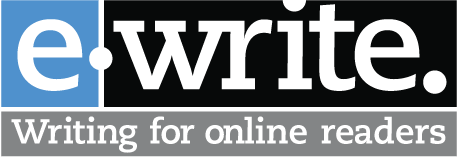
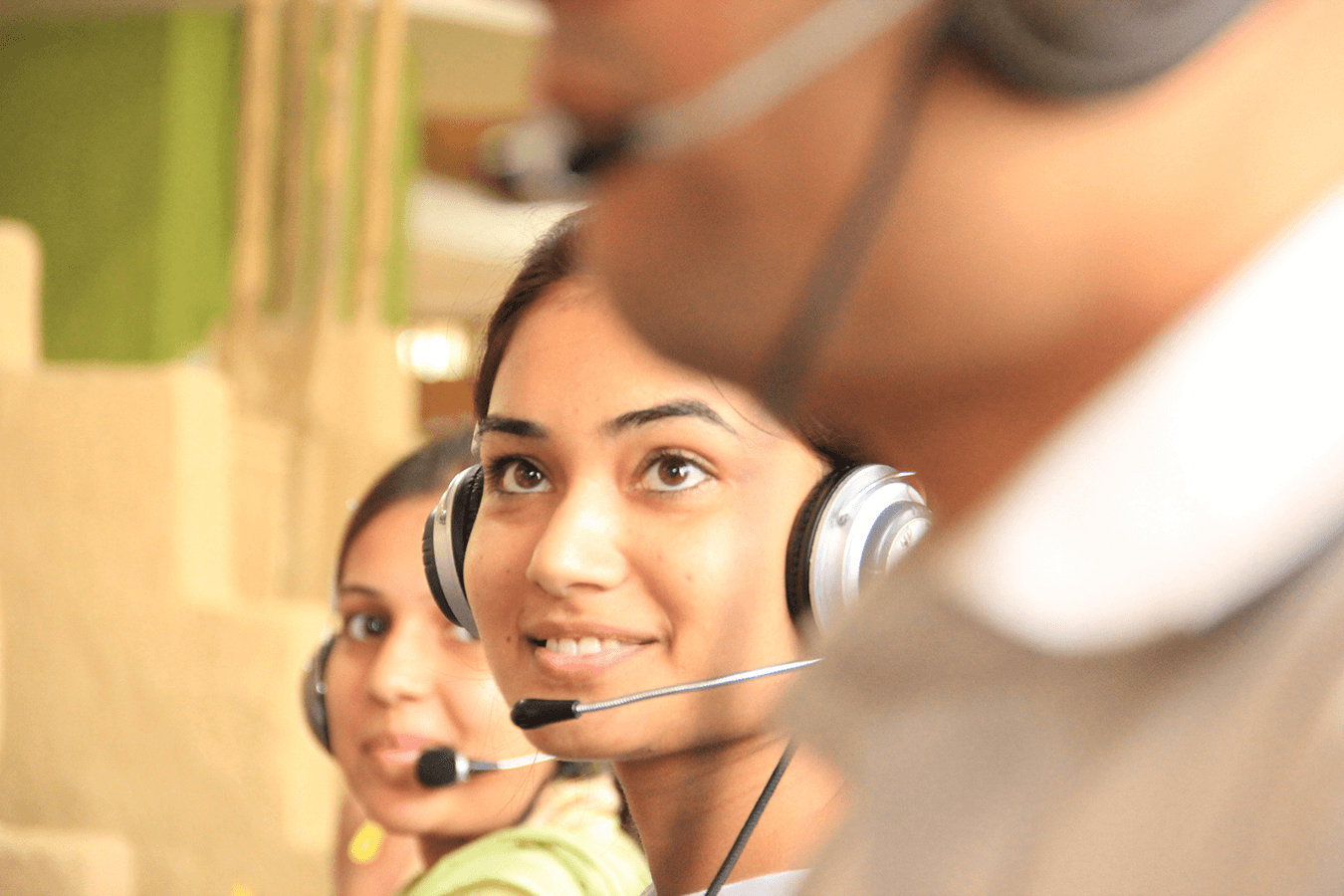
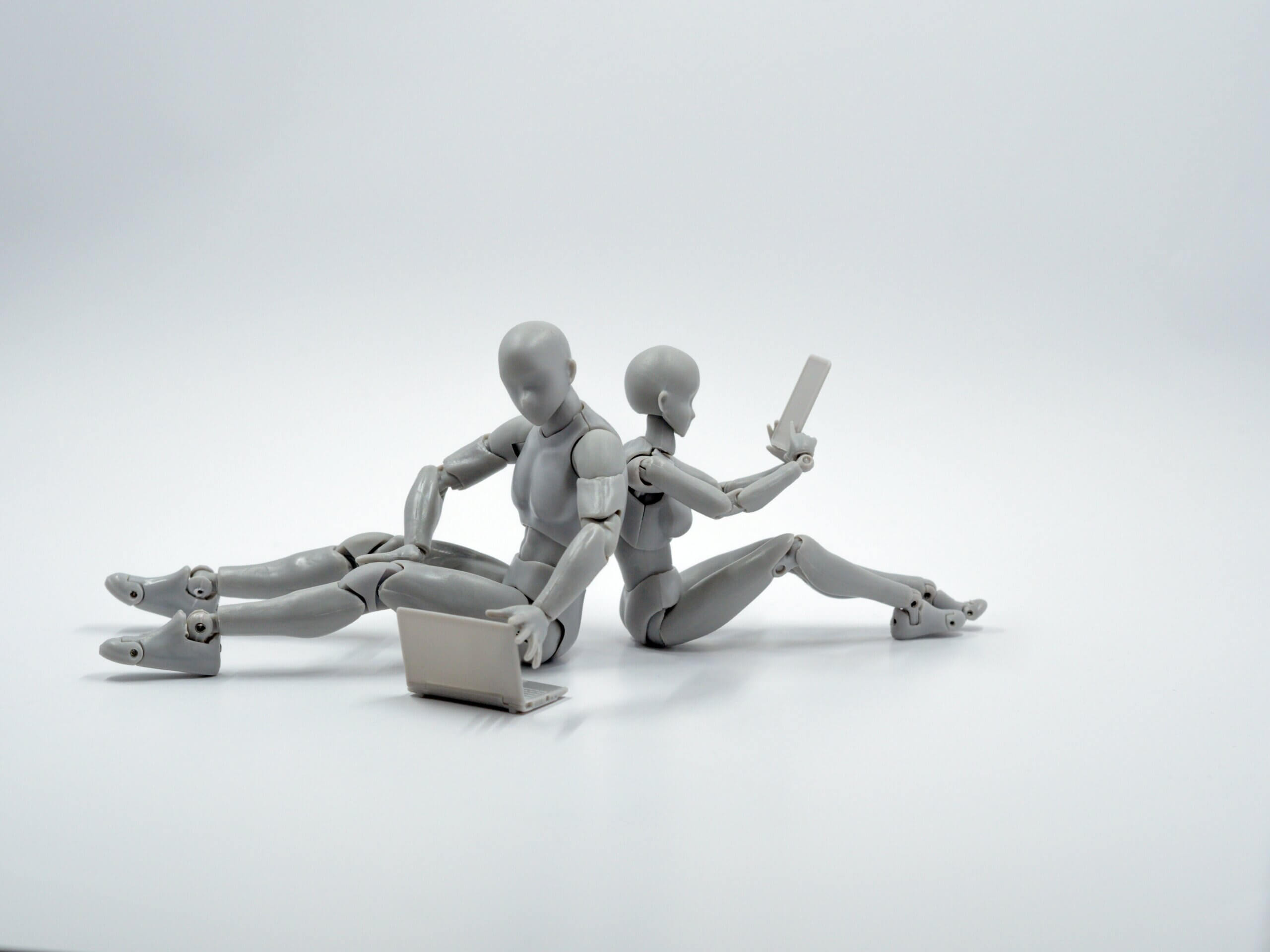
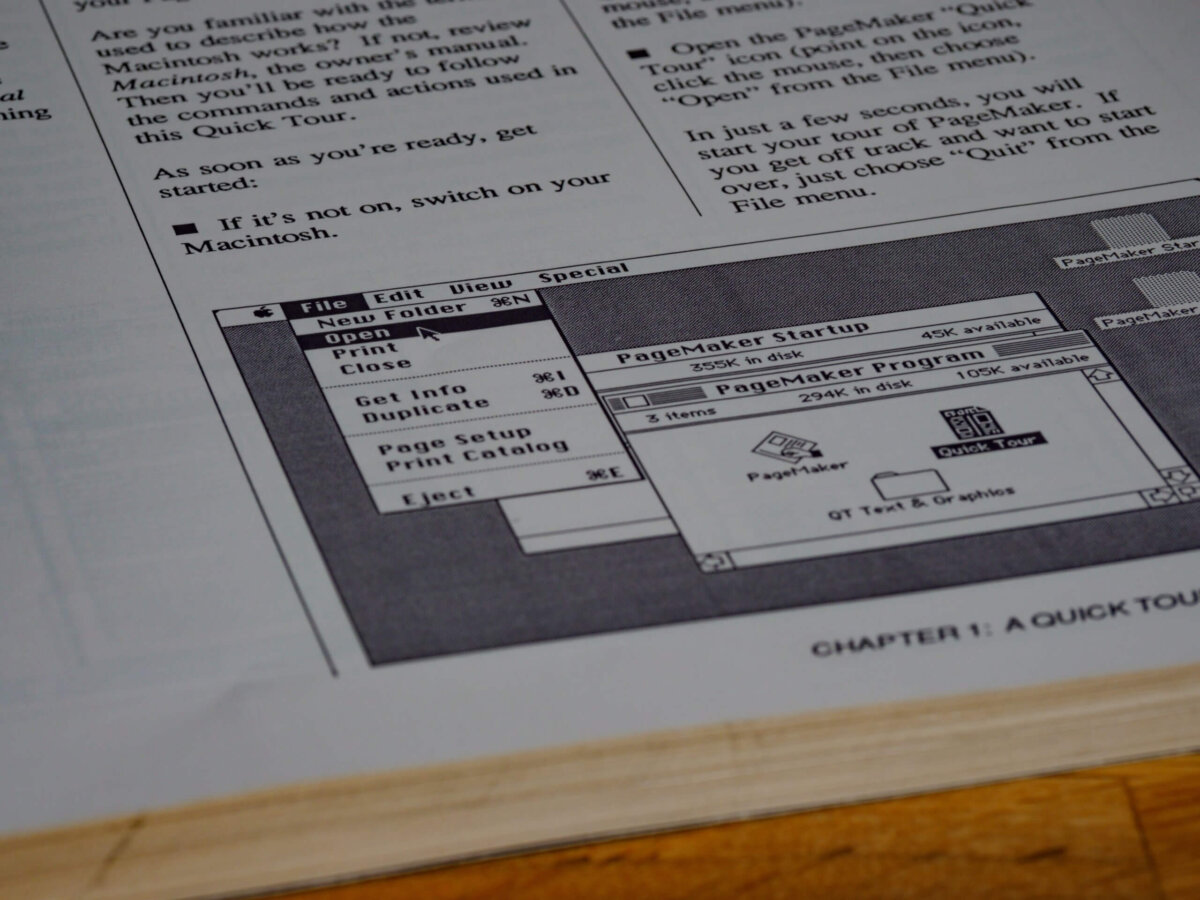
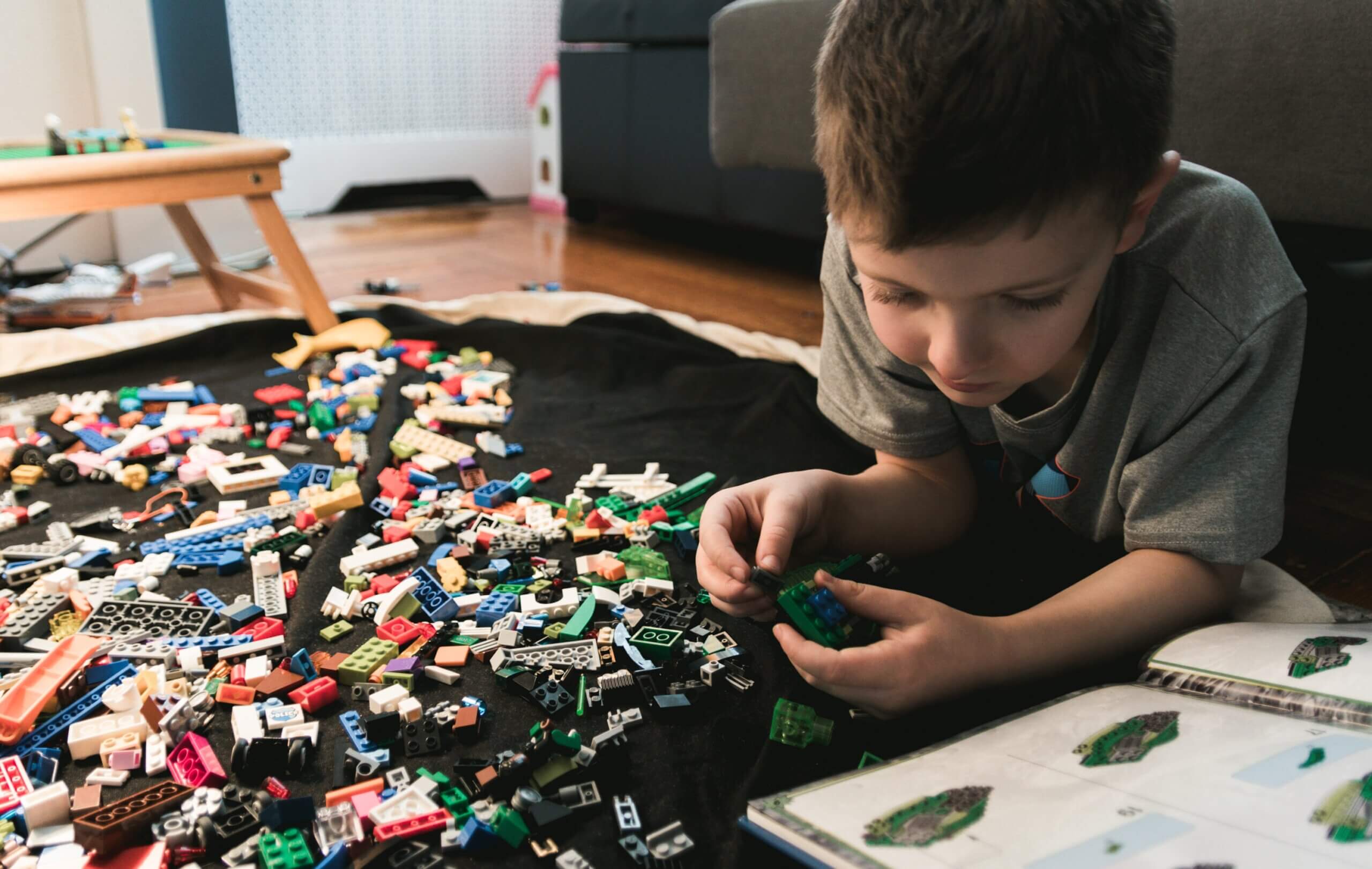

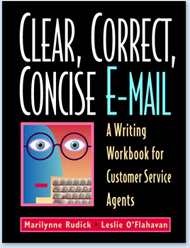
0 Comments